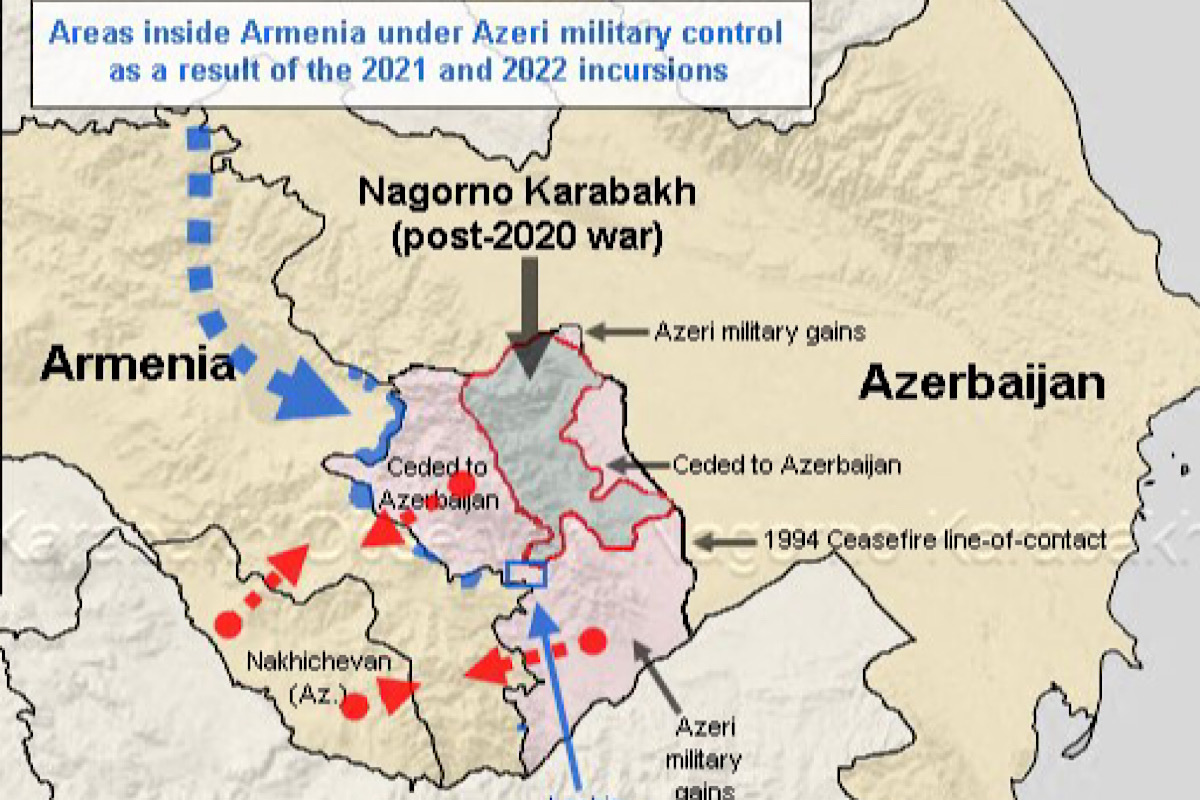The Nagorno-Karabakh conflict, a long-standing and deeply entrenched dispute between Armenia and Azerbaijan, has witnessed yet another tumultuous chapter in its history. Azerbaijan’s lightning 24-hour military offensive against ethnic Armenians in the conflict zone on Wednesday has thrust this unresolved issue back into the spotlight, underscoring the complexity and fragility of the situation. The offensive forced ethnic Armenian leaders into a ceasefire agreement, marking a significant shift in the conflict.
The ceasefire, however, has not brought immediate clarity to the region’s future. Ethnic Armenian leaders in Nagorno-Karabakh have expressed concerns about security guarantees and amnesty for fighters. While Azerbaijan envisions an amnesty for those who give up their arms, some fighters remain committed to resistance. The future of the region and its 120,000 ethnic Armenian inhabitants hangs in the balance. Azerbaijan President Ilham Aliyev has declared victory and aims to integrate Nagorno-Karabakh into Azerbaijan. He promis- es to guarantee the rights of the ethnic Armenian pop- ulation, but his vision has consigned the idea of an independent ethnic Armenian Karabakh to history. Ethnic Armenians in Karabakh, however, express deep-seated fears of persecution.
Advertisement
They have accused the world of abandoning them, and of feeling isolated and unsupported. The conflict has raised concerns about their safety and well-being as the region undergoes this seismic shift. While Baku talks about amnesty for those who surrender, ethnic Armenian leaders in Karabakh have noted that concrete agreements on these matters are yet to be reached. The fate of Karabakh’s Armenian fighters remains uncertain, as does the shape of any comprehensive agreement that may be under discussion. These negotiations are critical not only for the future of the region but also for the broader South Caucasus region, where a delicate balance of power exists. Azerbaijan’s military superiority, supported by Turkey, has shifted the dynamics in the region. However, the stance of the fighters and the shape of any final agreement could influence future stability.
The international community faces a dilemma in how to respond to the Nagorno-Karabakh conflict’s latest developments. Many of the 120,000 Armenians in Karabakh feel abandoned by Russia, the West and even Armenia itself. They fear persecution under Azerbaijani control, further emphasizing the need for international involvement and guarantees. Russia, which has peacekeepers in Karabakh, has called for calm, but its role in the conflict has come under scrutiny. Some Armenians, including Prime Minister Nikol Pashinyan, have accused Russia of not doing enough to support Armenia. The future of Nagorno-Karabakh remains uncertain. The region’s history, characterized by centuries of influence from various powers, has added layers of complexity to the conflict. The delicate balance of pow- er in the South Caucasus, where Russia, the United States, Turkey, and Iran are competing for influence, further complicates the situation. The fragile ceasefire and ongoing negotiations provide a glimmer of hope for a peaceful resolution, but challenges and uncertai- nties still loom large over Nagorno-Karabakh.











